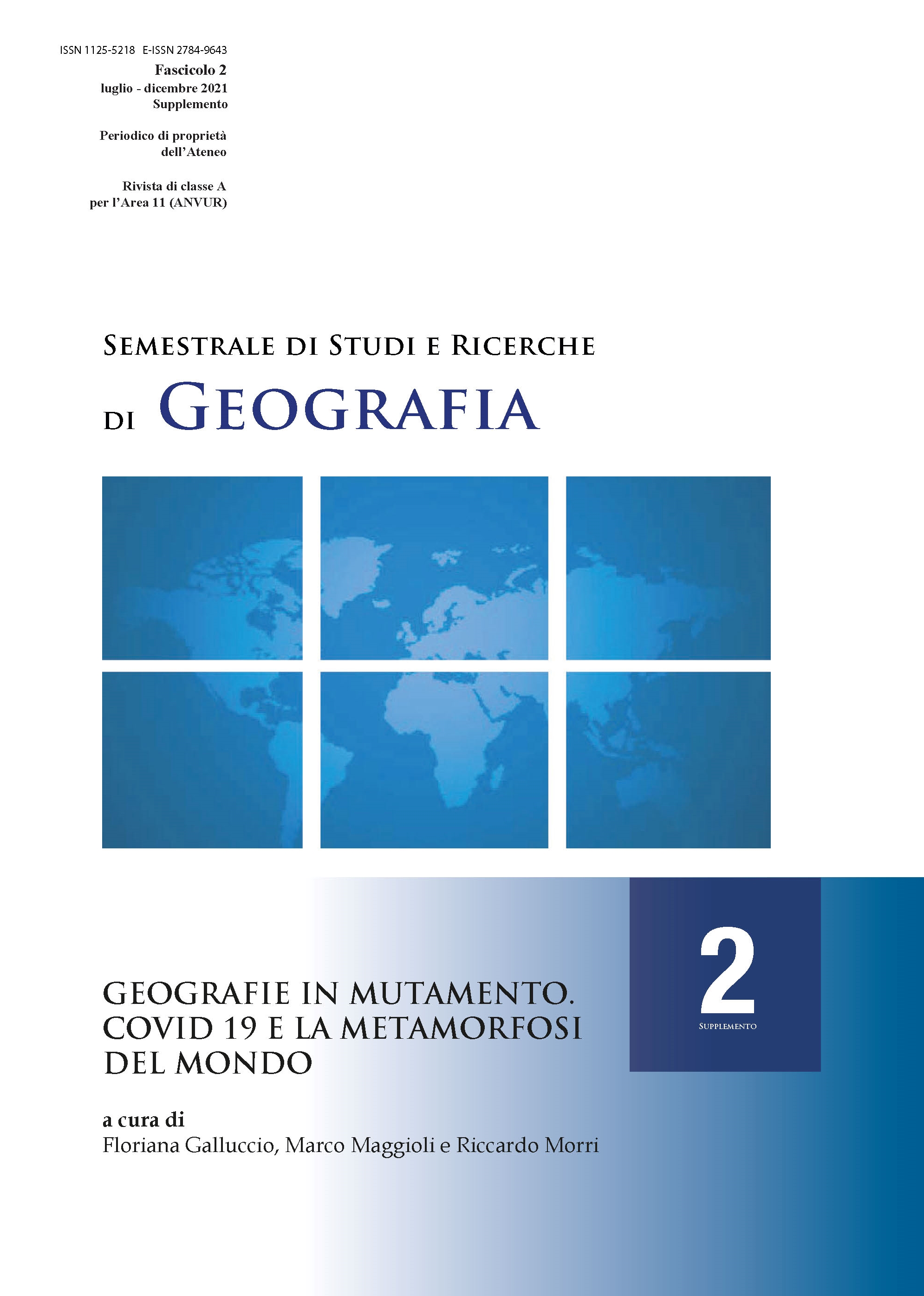The destruction of the public health protection system in Bra-zil in the time of Covid-19: The corporate lobby for the use of chloroquine
DOI:
https://doi.org/10.13133/2784-9643/17644Keywords:
negationism, extreme right, ultraneoliberalism, BrazilAbstract
At the end of the 19th century and the beginning of the 20th century, the growth of deaths and the spread in Brazil of epidemic outbreaks interfered in the formation of public health policies and were central components for the constitution of large research institutions and laboratories, such as the Instituto Adolfo Lutz, Instituto Bacteriológico Domingos Freire, Fundação Oswaldo Cruz and Instituto Butantan.
The development of major public health and sanitation initiatives helped in the initial creation of the National Health System and, subsequently, with the creation of the Ministry of Health and the development of the Unified Health System (SUS), constituted the structural bases of the power of national response of health institutions (hospitals, laboratories, foundations, centers and research institutes), to face the health crises in Brazil.
This article aims to: a) debate and reflect on how the deliberate destruction of the public health protection system takes place in Brazil; b) what is the role of the extreme-right government, negationism and evangelical fundamentalism in the dissemination of disinformation about the Covid-19; c) to analyze how the business lobby for the use of chloroquine in the pharmaceutical industries was favored by the denialist speech and the sale of medicines from the “Kit Covid”; d) analyze the consequences of the absence of compensatory policies for the poorest and most vulnerable population to the pandemic, and the growth of misery, hunger and unemployment; and e) answer the question: how and why did we arrive at such a large number of victims?
Downloads
Published
Issue
Section
License
Copyright (c) 2021 Semestrale di studi e ricerche di geografia

This work is licensed under a Creative Commons Attribution 4.0 International License.
Gli autori che pubblicano su questa rivista accettano le seguenti condizioni:- Gli autori mantengono i diritti sulla loro opera e cedono alla rivista il diritto di prima pubblicazione dell'opera, contemporaneamente licenziata sotto una Licenza Creative Commons - Attribuzione che permette ad altri di condividere l'opera indicando la paternità intellettuale e la prima pubblicazione su questa rivista.
- Gli autori possono aderire ad altri accordi di licenza non esclusiva per la distribuzione della versione dell'opera pubblicata (es. depositarla in un archivio istituzionale o pubblicarla in una monografia), a patto di indicare che la prima pubblicazione è avvenuta su questa rivista.
- Gli autori possono diffondere la loro opera online (es. in repository istituzionali o nel loro sito web) prima e durante il processo di submission, poiché può portare a scambi produttivi e aumentare le citazioni dell'opera pubblicata (Vedi The Effect of Open Access).


